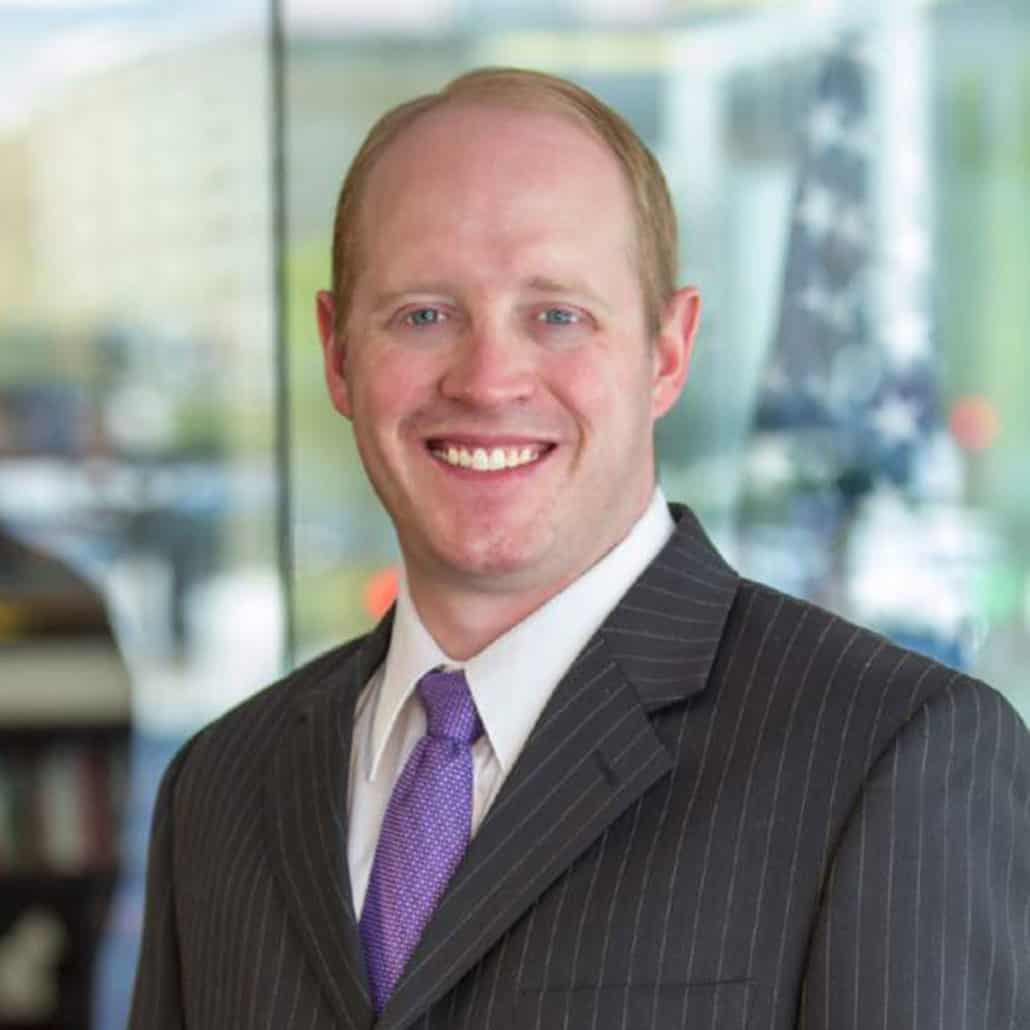
By Derek Monson
November 2, 2018
Medicaid expansion under Proposition 3 is likely to help some Utahns while harming others. When voting on Prop 3, it is important to consider what the initiative does and doesn’t do.
What does Proposition 3 do?
- Prop 3 expands Medicaid under Obamacare to anyone making less than 138% of the federal poverty line, and it raises the state sales tax rate on non-food items from 4.7% to 4.85% to pay for this expansion.
- Newly eligible individuals will largely be able-bodied adults without children, and anyone under 138% of the federal poverty line receiving subsidized health insurance under Obamacare will lose that insurance and instead be put into the state Medicaid program.
What Proposition 3 doesn’t do:
- Prop 3 does not solve the health care problems of the uninsured. Many doctors limit the number of Medicaid patients they are willing to take – or simply do not take them at all – due to the substandard payments that Medicaid makes for health care services in comparison with commercial insurance payments. Therefore, the uninsured that enroll in Medicaid in an expanded program will still face hurdles to accessing health care.
- Prop 3 contains no measures designed to deal with a situation in which new Medicaid enrollment exceeds projections – a common occurrence in other states that have expanded Medicaid. In that case, the Legislature would be forced to freeze Medicaid enrollment, cut funding from education or welfare programs, or raise taxes further to pay for Medicaid expansion.
What Proposition 3 will mean:
- Medicaid expansion will help some Utahns, while harming others. Those in the expansion population who are uninsured will likely be helped to the degree that Medicaid’s limited access to health care is superior to that of the uninsured.
- Those that will be harmed are (1) taxpayers who pay more in sales taxes (including those who get Medicaid coverage) and (2) Utah’s poorest children and disabled communities, who are currently on Medicaid. The latter will be harmed because expansion will increase the number of Medicaid enrollees, without increasing the number of doctors or hospitals who are willing to accept or add more Medicaid patients, so they will be forced to wait longer for care when they get sick or need a surgery.
- Medicaid expansion will likely have additional unintended negative consequences. For example, analysis of an Oregon expansion program found that Medicaid expansion increased usage of the ER for health careby those who enrolled in Medicaid, in both the short term and beyond. In Arizona, one analysis concluded that Medicaid expansion increased the cost of health carefor everyone else with insurance. Because Medicaid’s payments for health care services were insufficient, hospitals chose to charge insured patients more to pay for the shortfall from Medicaid expansion.
More Insights
Read More
How transparent are school districts about curriculum?
Utah districts don’t need to wait for legislation to be transparent – many have sought to be transparent on their own. District leaders interested in this reform can do several things right away.
What you need to know about the upcoming state party conventions
The two major political parties are about to hold their state conventions. Here’s what you need to know.
Here’s why the First Amendment’s religion clauses are not in conflict
Some suggest there is a tension between protection for the free exercise of religion and the prohibition on the establishment of religion. But a better take is to see the two clauses as congruent.


